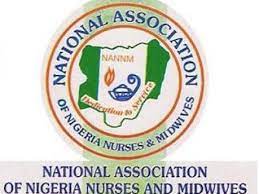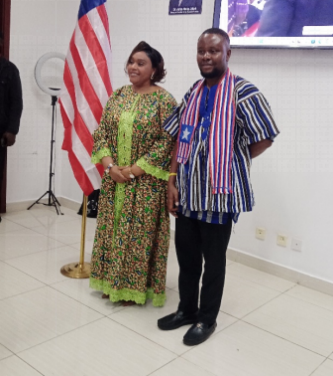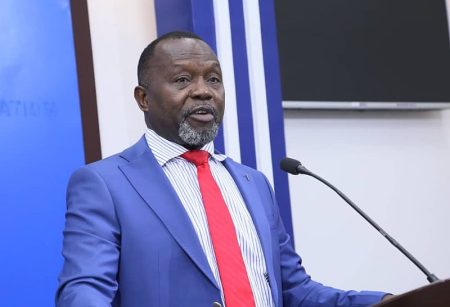The National Association of Nigerian Nurses and Midwives (NANNM) called off its nationwide seven-day warning strike on Saturday, May 20, 2023, following successful negotiations with the Federal Government. The strike, which commenced on Wednesday, May 17, 2023, was initiated to address critical concerns regarding nurses’ and midwives’ welfare, remuneration, and professional development within the Nigerian healthcare system. The NANNM’s decision to suspend the industrial action came after a virtual meeting of its National Executive Council (NEC), where members deliberated on the progress made in discussions with government representatives. A key outcome of the meeting was the development of a Memorandum of Understanding (MoU) between the NANNM and the government outlining a framework for addressing the nurses’ demands, including specific timelines for implementation.
The NANNM’s primary demands encompassed several key areas essential for improving the working conditions and professional recognition of nurses and midwives across the country. These demands included an upward review of shift and uniform allowances, recognizing the crucial role nurses play in providing round-the-clock healthcare services. The association also sought a dedicated salary structure specifically for nurses, distinguishing their specialized skills and responsibilities within the broader healthcare workforce. Further, the NANNM advocated for an increase in the core duty allowance, reflecting the demanding nature of nursing duties. Addressing the shortage of nurses in the country, the NANNM demanded mass recruitment to ensure adequate staffing levels in healthcare facilities.
Beyond remuneration, the NANNM’s demands focused on enhancing the professional recognition and influence of nurses within the healthcare system. A significant demand was the establishment of a dedicated nursing department within the Federal Ministry of Health. This department would provide a platform for nurses to have a direct voice in policy formulation and implementation, ensuring that nursing perspectives are adequately considered in national healthcare strategies. This demand aimed to elevate the status of nursing within the healthcare hierarchy and ensure nurses’ representation in high-level decision-making processes. The creation of such a department was seen as crucial for promoting the professional growth and development of the nursing profession in Nigeria.
The suspension of the strike marked a significant step towards resolving the long-standing concerns of Nigerian nurses and midwives. The signing of the MoU provided a concrete framework for implementing the agreed-upon solutions. The NANNM’s NEC expressed satisfaction with the government’s responsiveness to their demands, particularly the commitment to clear timelines for implementation. The association emphasized its commitment to closely monitoring the implementation process and ensuring the government adheres to the agreed-upon timelines. This commitment underlined the NANNM’s resolve to hold the government accountable for its promises and ensure that the achieved progress translates into tangible improvements for nurses and midwives.
The NANNM emphasized the importance of protecting its members from any form of victimization due to their participation in the strike. The circular explicitly directed all state councils to ensure that no nurse or midwife, including interns and locum nurses, faces repercussions for exercising their right to industrial action. This directive aimed to foster a culture of transparency and trust within the healthcare system, ensuring that nurses and midwives can advocate for their rights without fear of reprisal. The NANNM’s firm stance on this issue reinforces the association’s commitment to protecting its members’ welfare and promoting a fair and just working environment.
The successful resolution of the warning strike represents a positive development for the Nigerian healthcare sector. By addressing the concerns of nurses and midwives, the government has taken a significant step towards strengthening the healthcare workforce and improving the quality of healthcare services delivered to the population. The NANNM’s decision to suspend the strike demonstrates its willingness to engage in constructive dialogue and collaborate with the government to achieve positive outcomes for its members and the healthcare system as a whole. The ongoing monitoring of the MoU’s implementation will be crucial to ensure that the achieved progress translates into sustainable improvements in the working conditions and professional recognition of Nigerian nurses and midwives.














